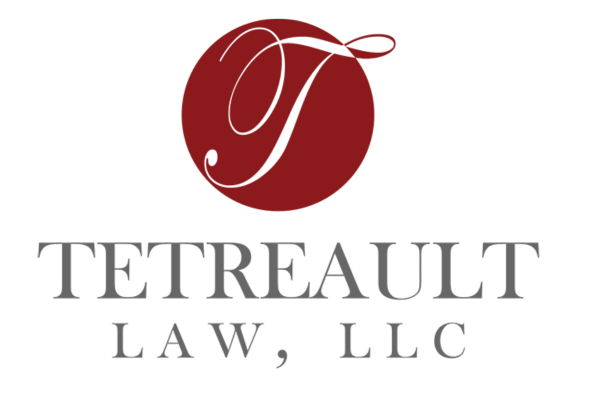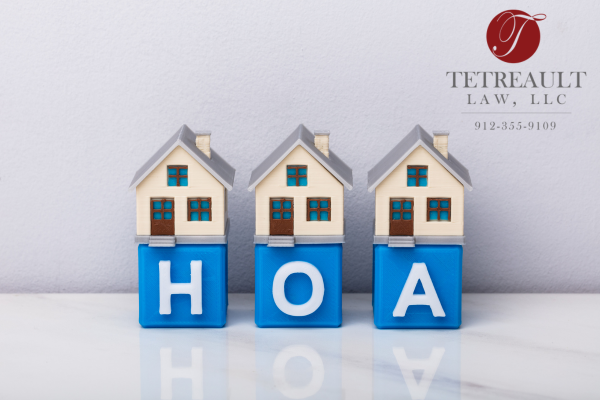Understanding HOA Rules: Key Insights for Homebuyers
When purchasing a home, especially in a planned community, it’s essential to understand the role of a Homeowners Association (HOA) and the rules and regulations they enforce. While HOAs can help maintain property values and ensure the community’s aesthetics, they can also impose restrictions that might impact your lifestyle and financial obligations. Before you sign on the dotted line, here’s what you need to know about HOAs.
What is an HOA?
A Homeowners Association (HOA) is a governing body established by the developer of a residential community. Its primary purpose is to enforce rules, maintain common areas, and manage community amenities. The HOA is funded by mandatory fees paid by homeowners, often referred to as HOA dues or assessments. These funds are used for the upkeep of shared spaces like pools, parks, and clubhouses, as well as for community events and administrative costs.
Common HOA Rules and Regulations
HOA rules, often outlined in a document called the Covenants, Conditions, and Restrictions (CC&Rs), can vary significantly from one community to another. However, some common regulations include:
- Exterior Modifications: HOAs often regulate the appearance of homes, including paint colors, landscaping, and the installation of structures like fences or sheds. Before making any changes, homeowners usually need to obtain approval from the HOA.
- Parking Restrictions: Many HOAs have rules about where residents and guests can park. Some may limit street parking, while others have restrictions on parking certain types of vehicles, such as RVs or boats, within the community.
- Pet Policies: HOAs may impose limits on the number and type of pets allowed. Some may have breed restrictions or require pets to be leashed in common areas.
- Noise and Nuisance Regulations: To maintain a peaceful environment, HOAs often have rules regarding noise levels, especially during certain hours. These regulations can also extend to other nuisances like odors or unsightly items on your property.
- Maintenance Requirements: Homeowners are typically required to keep their properties in good condition, which may include maintaining lawns, cleaning gutters, and ensuring that the home’s exterior is well-kept.
Pros and Cons of Living in an HOA Community
Living in an HOA-governed community has its advantages and disadvantages:
Pros:
- Property Value Protection: HOAs help maintain a consistent appearance in the community, which can protect and even enhance property values.
- Access to Amenities: Many HOA communities offer amenities like pools, fitness centers, and parks that are maintained by the association.
- Conflict Resolution: HOAs often mediate disputes between neighbors, providing a structured process for conflict resolution.
Cons:
- Limited Autonomy: Homeowners may find the HOA’s rules restrictive, especially if they prefer more freedom in how they manage their property.
- Mandatory Fees: HOA dues are an additional cost that homeowners must factor into their budgets. These fees can increase over time, and special assessments may be levied for major repairs or improvements.
- Enforcement Actions: Failure to comply with HOA rules can result in fines, liens, or even foreclosure in extreme cases.
What should buyers consider?
Before purchasing a property in an HOA community, buyers should:
- Review the CC&Rs: Carefully read the HOA’s governing documents to understand the rules and restrictions you’ll be agreeing to.
- Understand the Fees: Ask for a breakdown of current HOA dues and any planned increases. It’s also wise to inquire about the financial health of the HOA to avoid future surprises.
- Meet the Neighbors: Talk to current residents about their experiences with the HOA. This can provide valuable insights into how strictly the rules are enforced and the general atmosphere of the community.
- Consider Your Lifestyle: Think about how the HOA’s rules align with your lifestyle. If you value autonomy and flexibility, an HOA community may not be the best fit for you.
- Consult a Local Real Estate Attorney: Speaking with a local real estate attorney in Savannah can be invaluable when navigating the complexities of HOA regulations. An attorney can review the HOA documents, explain any legal implications, and help you understand how the rules might impact your property rights and long-term plans.
Purchasing a home in an HOA-governed community can offer many benefits, but it also comes with responsibilities and restrictions that every buyer should carefully consider. By doing your due diligence and understanding what you’re agreeing to, you can make an informed decision that aligns with your needs and preferences.
Get Legal Guidance Today
Navigating the complexities of HOA rules and regulations can be challenging, but you don’t have to do it alone. At Tetreault Law, our experienced Savannah attorney is here to help you understand your rights and obligations as a homeowner. Whether you’re buying a home, dealing with a dispute, or need guidance on estate planning, we’re here to support you every step of the way. Contact us to schedule a consultation today!


Recent Comments